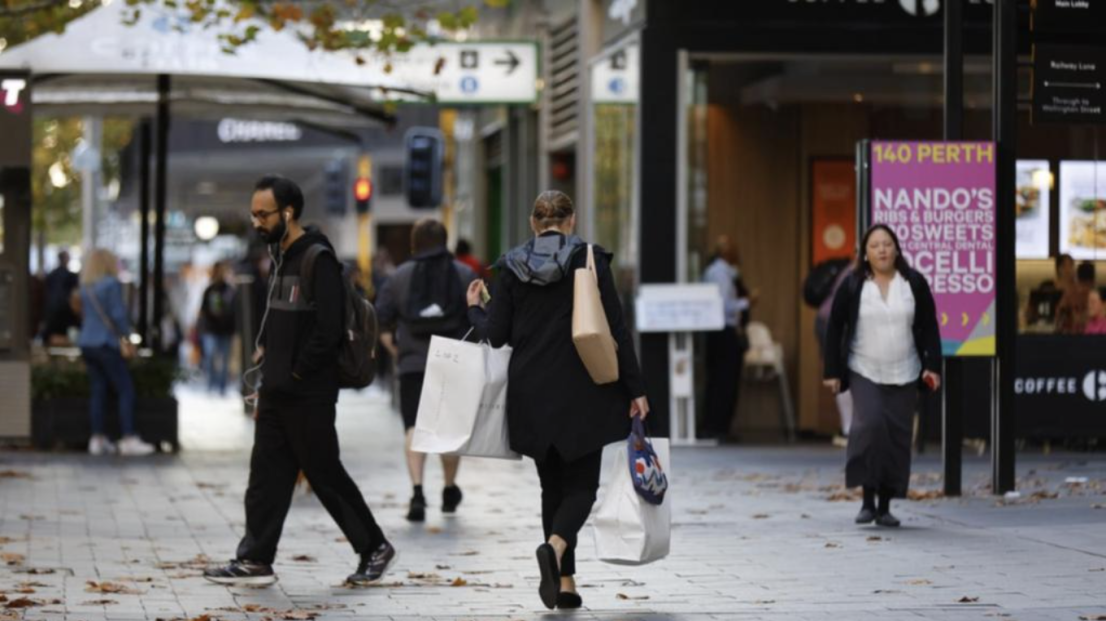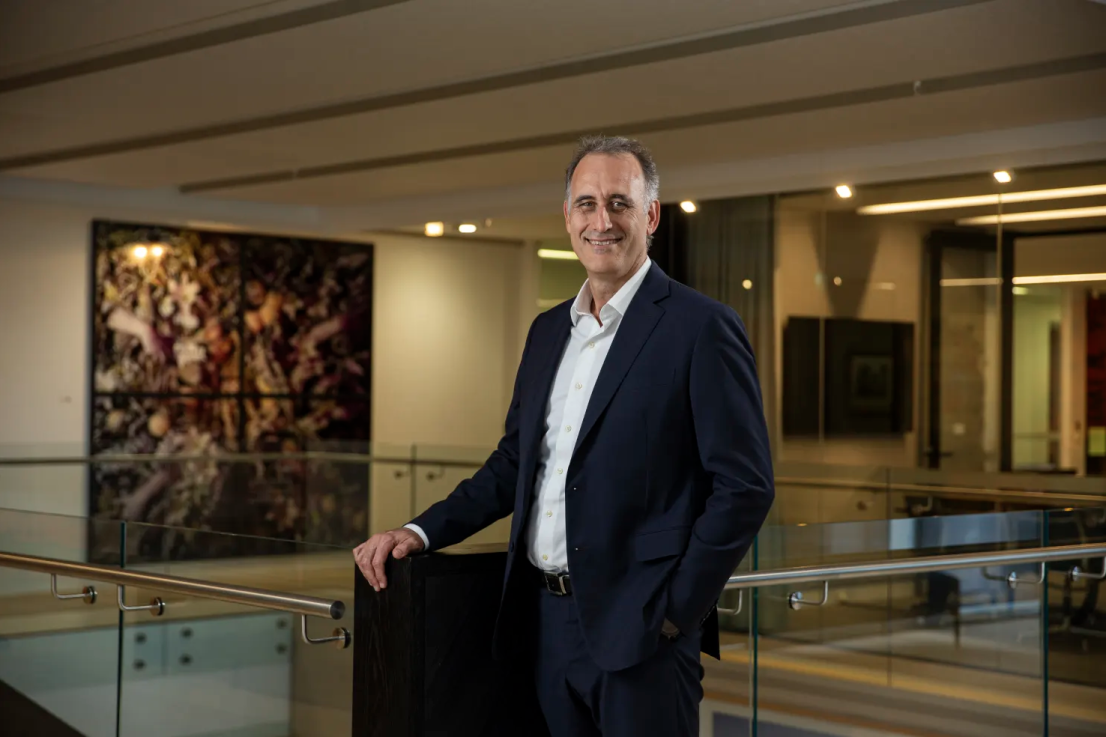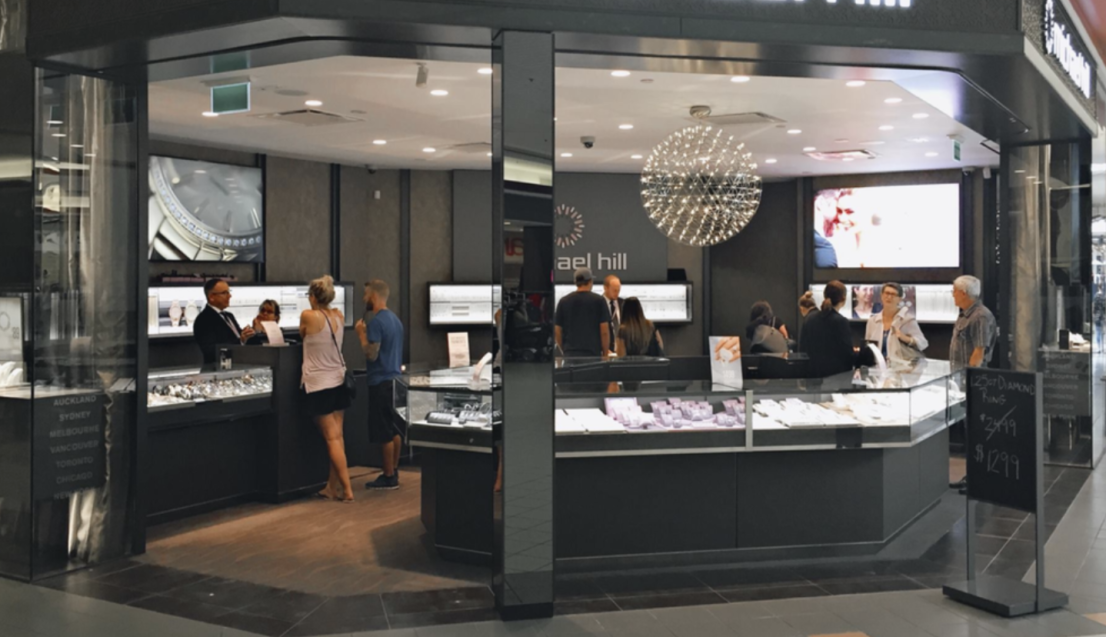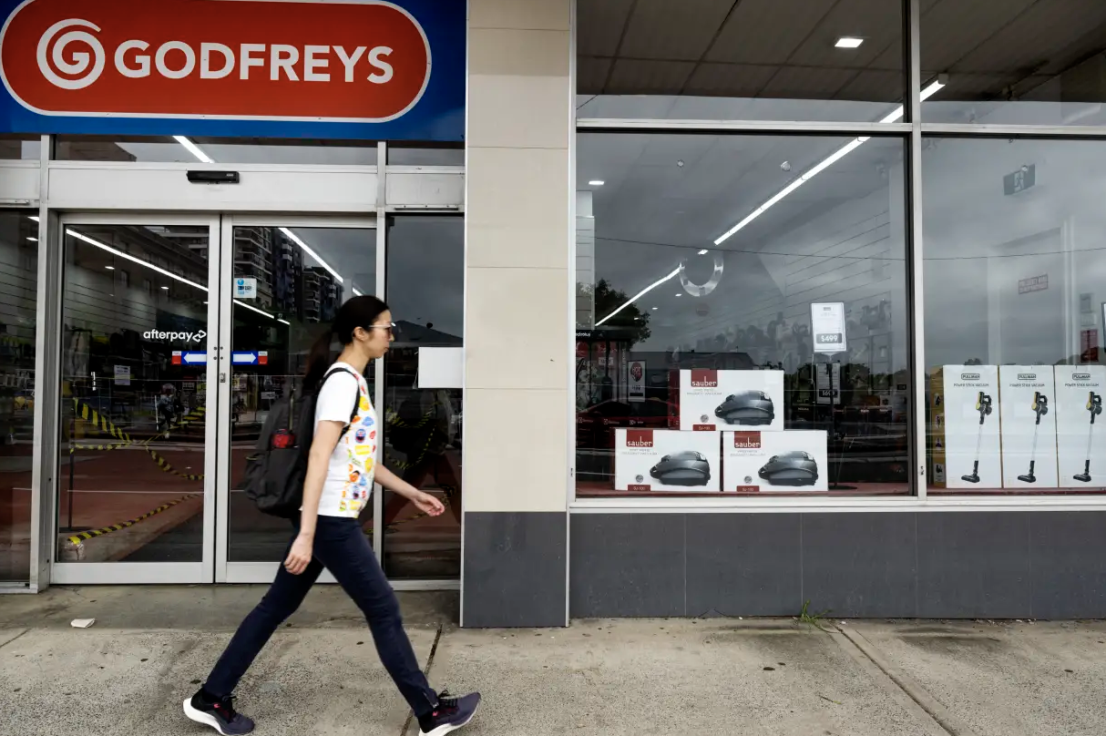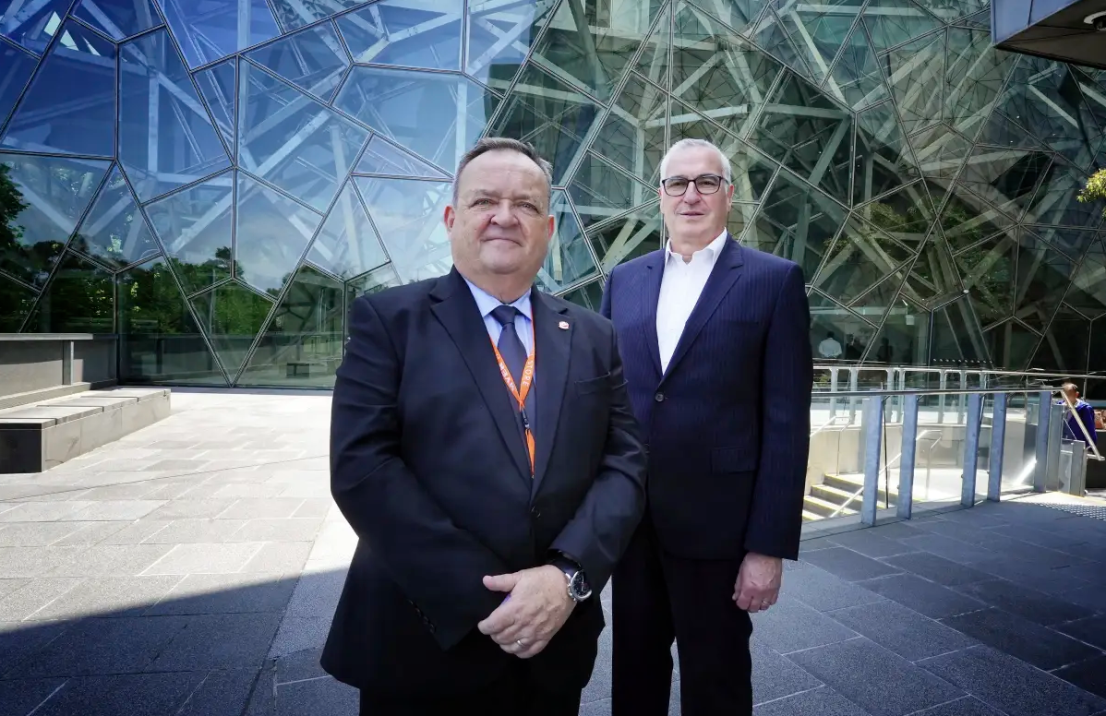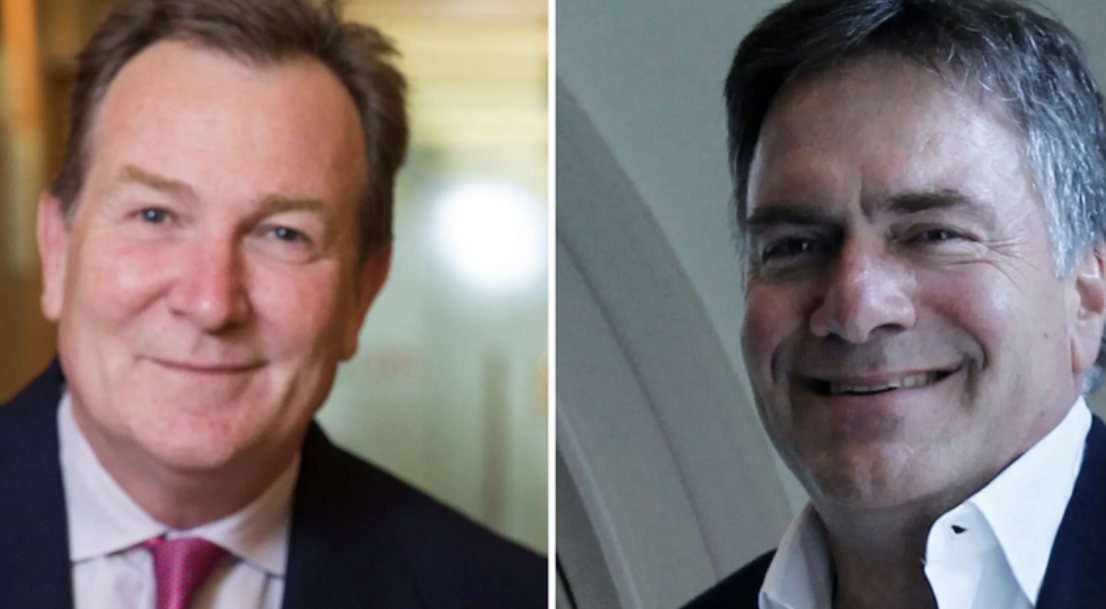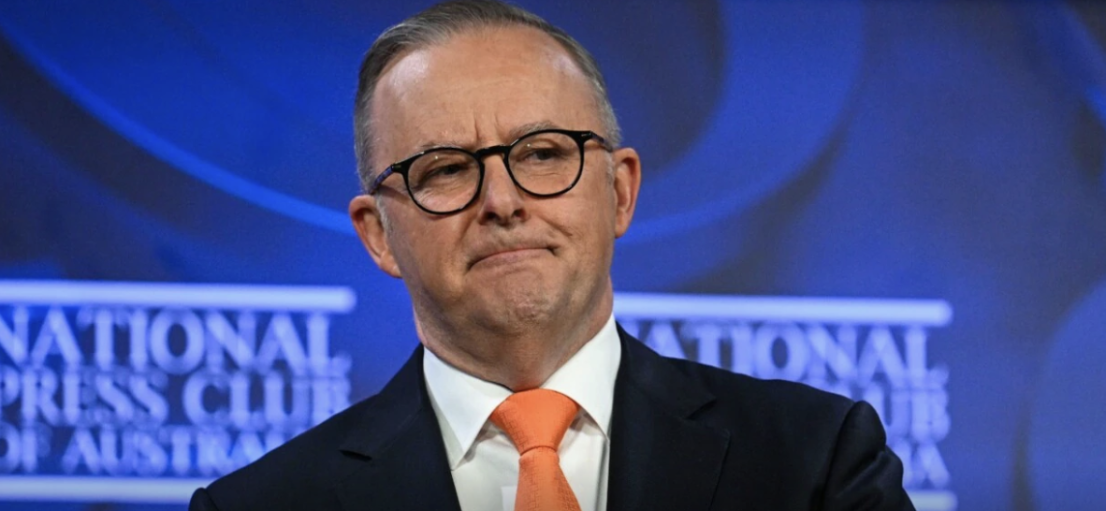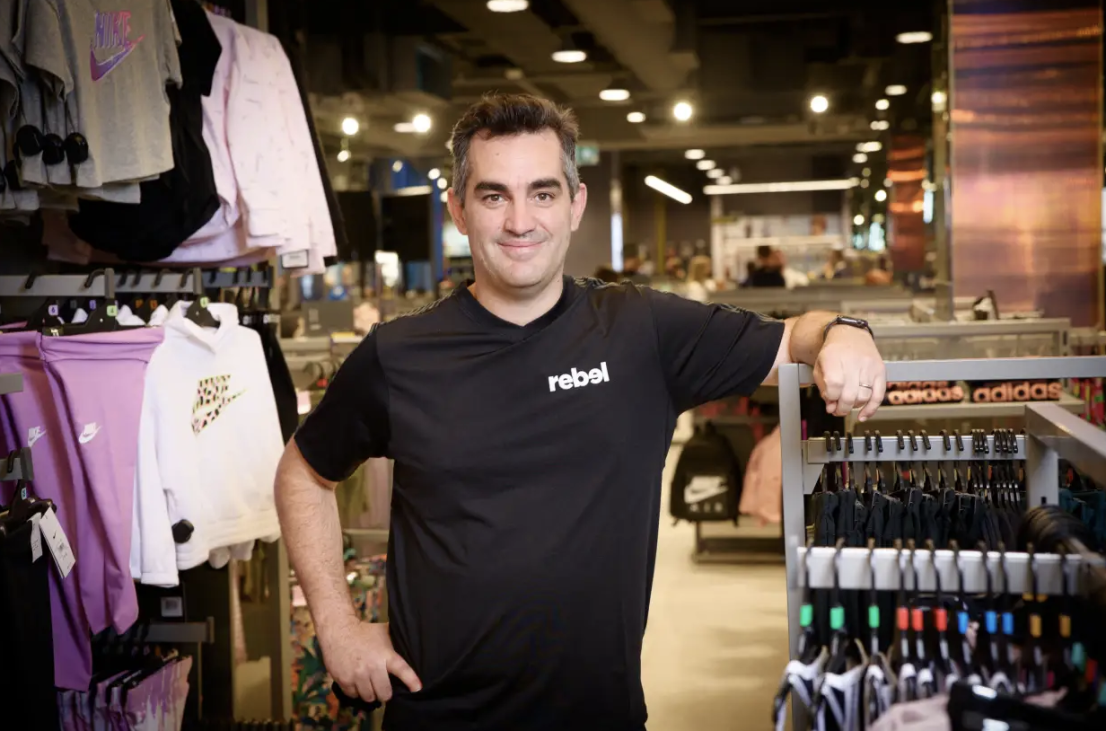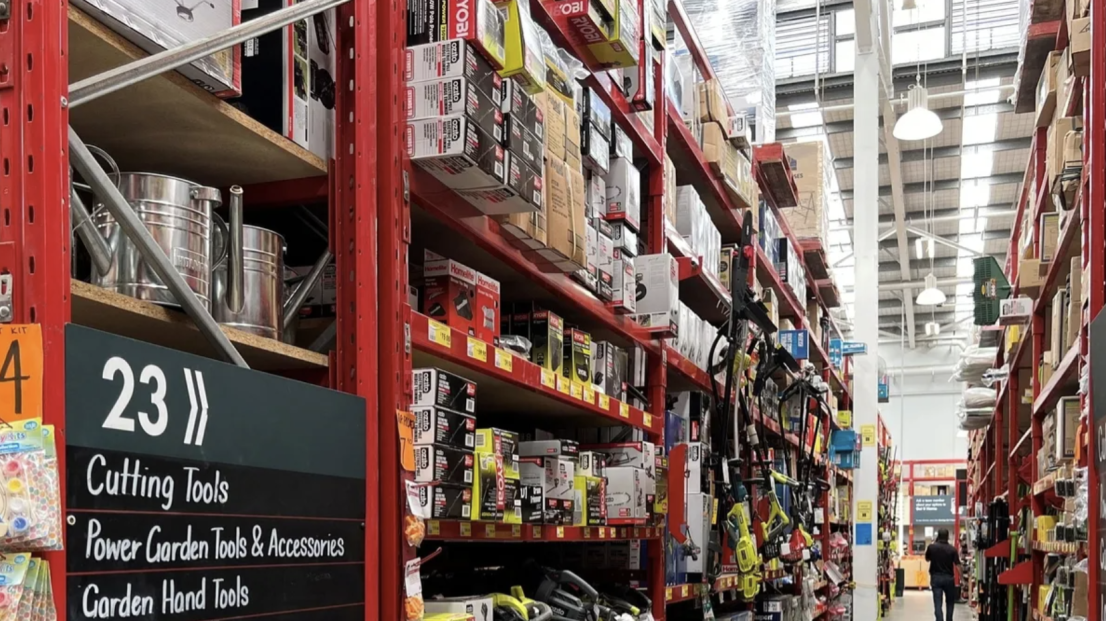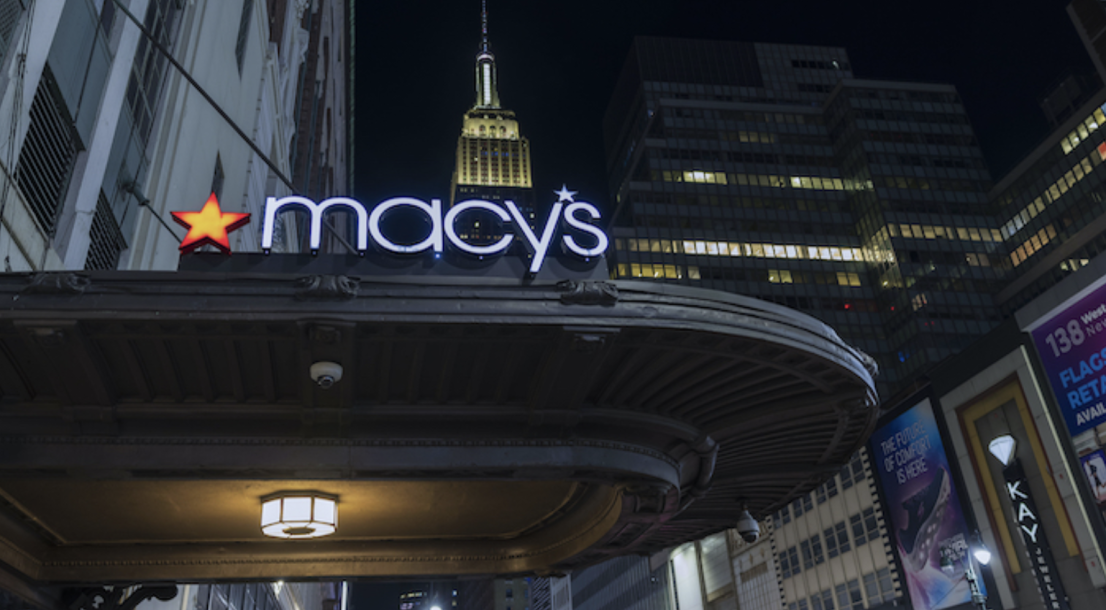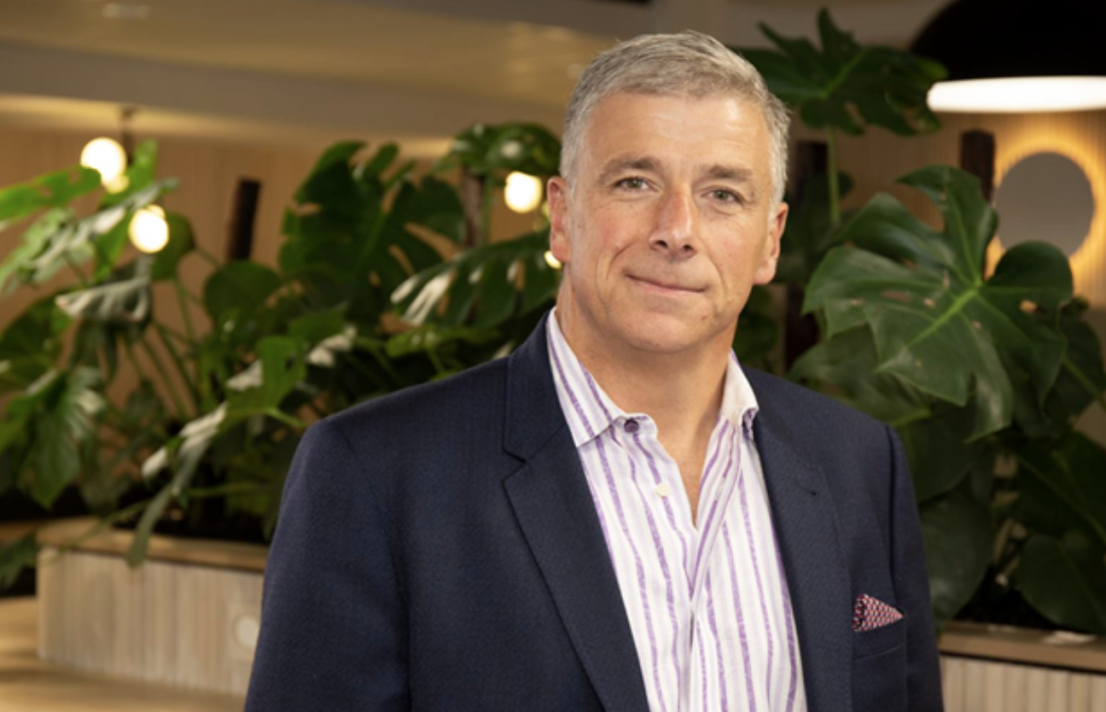
The 2024 Australian Retail Outlook is out now. This must-read resource is packed with exclusive insights from Inside Retail’s survey of retailers about their performance, plans and predictions for the year ahead; trend analyses and advice from industry experts; and interviews with leading retailers, including Ikea, Lush, Outland Denim, Milligram, and many more, about their growth strategies in 2024 and beyond.
To give you a glimpse of what you can expect from this year’s report, we are sharing selected articles over the coming weeks. Be sure to download the 2024 Australian Retail Outlook to discover more.
Angus McKay, CEO & managing director, 7-Eleven
KPMG: What do you see as the greatest challenge to Australian retail in the year ahead? Is this a new challenge vs prior years?
Angus McKay: One of the challenges that will continue into next year is being able to demonstrate value to our customers. There’s no doubt customers are becoming more price-sensitive, so as a retailer, we have to make sure that our customers see that we are providing value.
That can come in the form of special offers, co-buy promotions or rewards for loyalty. The search for value is no better demonstrated than by the uptake of the Fuel Price Lock feature of our My 7-Eleven app, which has just had a 27 per cent year-on-year increase of users. In this case, the extra value for the customer comes when they link the app to Velocity Frequent Flyer rewards.
KPMG: What is a key investment area or opportunity for retail to thrive in over the next two to five years?
AM: There are two areas where we will continue to invest over the medium term – digital enablement and sustainability.
On digital, we want to make things easier for our customers to play with us. We don’t want to create clutter and noise, we aim for quality over quantity. This means we must be smart about how we interact with our customers. The key will be to use data with precision so what you offer them matches customer needs and wants.
In the sustainability space, work will continue around packaging and recycling, along with the sustainability of some ingredients in our own branded products.
John Gualtieri, CEO, Kmart and Target ANZ
KPMG: What do you see as the greatest challenge to Australian retail in the year ahead? Is this a new challenge vs prior years?
John Gualtieri: In the current economic climate, with its high cost-of-living pressures, many Australian households are feeling significant pressures on their income. Value imperative is a growing influence on customer behaviour and will continue to be a driver in our industry for some time.
Retail has always needed to adapt to the evolving needs of consumers. While value is of increasing importance, it’s also becoming apparent that consumers expect retail to deliver access to great products at great prices.
This shift in consumer mindset expectations presents a significant opportunity and challenge for retail brands in Australia. For Kmart and Target, this trend aligns naturally with our ethos as a business.
As an Australian, design-based product development company of our size and scale of operations, we deliver the lowest-cost product development, production and distribution model, which means we can continue to consistently deliver better products at lower prices.
With our size also comes a responsibility to make a positive contribution towards a sustainable future. The retail industry’s focus on sustainability will continue to be a key priority that we take on collectively.
Waste is a huge challenge, and one that we need to develop a collective and sustainable response towards as an entire industry. This next phase will require an unparalleled level of partnership within the retail sector – from suppliers to customers as well as peer retailers, global sustainability partners and governments – to develop a solution at scale that is fit for purpose and delivers sustainable solutions to the problem.
KPMG: What is a key investment area or opportunity for retail to thrive in over the next two to five years?
JG: Data will continue to be a key investment for retail and will help us unlock new levels of value creation – that will ultimately benefit consumers.
Data can deliver efficiencies in operations, but the real value is in using it carefully to drive growth and deliver an augmented customer experience through things like enhanced design capability, product availability and personalisation, as well as automation that drives better efficiencies, and ultimately a better customer experience as a result.
The recent establishment of our distribution centre in New Zealand with automated product sorters and an automated inventory management system highlights the efficiency gains that are possible. These advancements liberate our team members from time-consuming manual tasks.
AI stands before us as another seismic shift for our sector, the potential of which we are only beginning to understand. The introduction of our AI-powered live Chatterbot marks the beginning of a new journey in this space. This tool is engineered to engage in end-to-end conversations with our customers, leading to an enhanced customer experience.
Scott Fyfe, CEO, David Jones
KPMG: What do you see as the greatest challenge to Australian retail in the year ahead? Is this a new challenge vs prior years?
Scott Fyfe: In 2024, the economic headwinds facing Australian retail are likely to be onerous. Inflationary pressures will continue to impact consumer behaviours and whilst these challenges aren’t entirely new, their interconnected nature demands a heightened level of strategic agility and innovation from retailers to propel them forward.
KPMG: What is a key investment area or opportunity for retail to thrive in over the next two to five years?
SF: Seamlessly integrating innovation across the value chain and crafting unforgettable customer journeys will be the currency of success. This will propel retail businesses beyond transactional exchanges, into a future of lasting connections and sustainable growth.
Daniel Bracken, CEO, Michael Hill
KPMG: What do you see as the greatest challenge to Australian retail in the year ahead? Is this a new challenge vs prior years?
Daniel Bracken: For the next six to 12 months, the biggest challenge for retail will no doubt be a low level of consumer confidence, driven by high-interest rates and economic concerns. Add to this the challenge of increasing operating costs from labour, occupancy and COGS.
KPMG: What is a key investment area or opportunity for retail to thrive in over the next two to five years?
DB: Retailers need to continue to invest in digital, data and customer insights. But also physical in-store environments need to keep pace with the expectations of customers.


